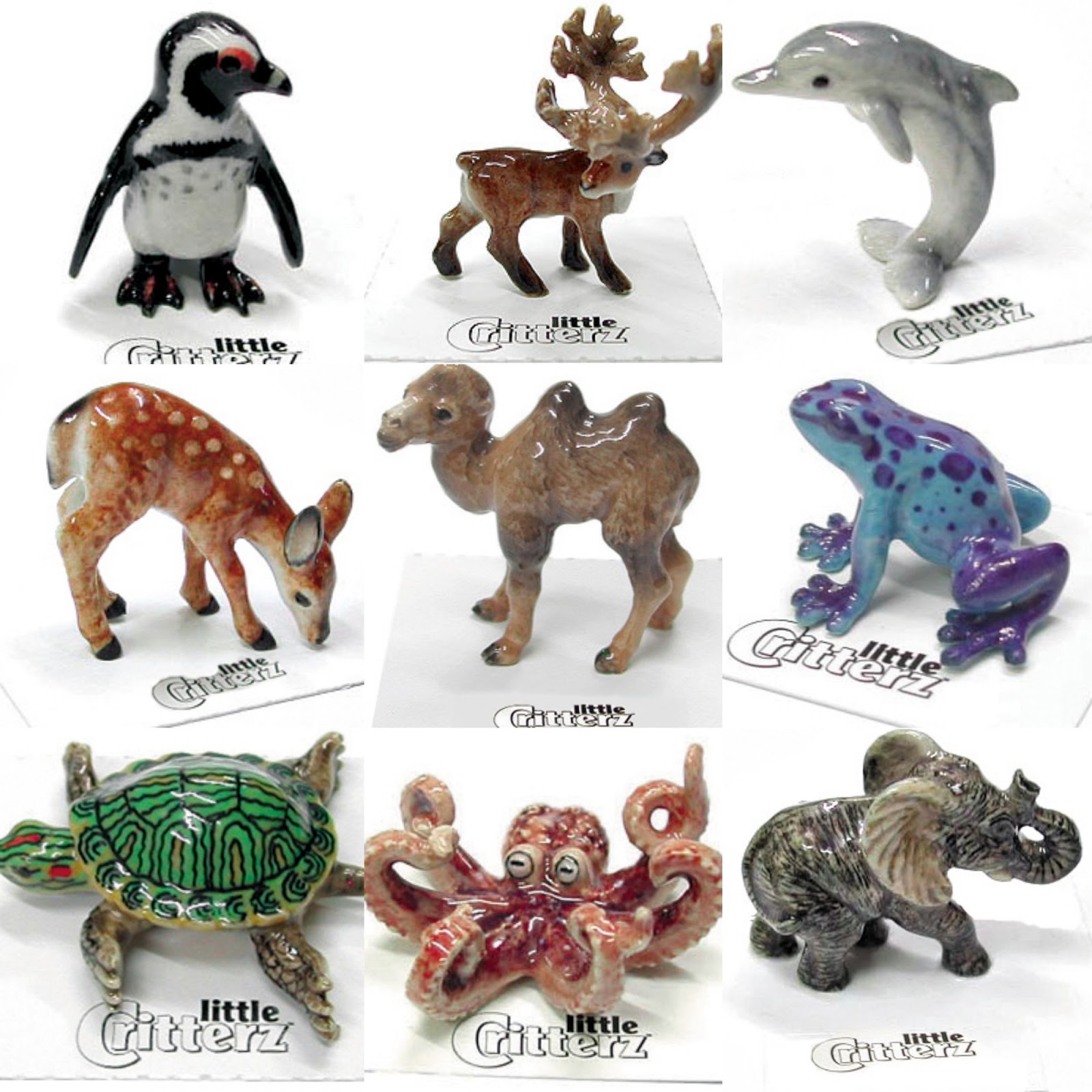Between 1970 and 1992, the population of the black rhino species decreased by 96%.
Fewer than 200 Greater one-horned rhinos existed earlier in the 20th century.
There currently are approximately 35-44 Javan rhinos surviving in in one country, Indonesia.
Fewer than 100 Sumatran rhinos are believed to survive on the island of Sumatra, with perhaps as few as ten animals remaining in Sabah, Malaysia.
Only the populations of the Southern white rhino remain viable.The Northern white rhino is believed to be extinct in its last known habitat in Garamba National Park due to poaching.
Oh stop the horror!
Despite the slaughter, rhino numbers worldwide are actually increasing … thanks to the International Rhino Foundation and its partners in countries like Zimbabwe, Botswana, South Africa, India and Indonesia.
Today, September 22, is World Rhino Day. Where we celebrate all 5 remaining species of rhinos. We've said it before, and we'll say it again days like these are important in the plight to spreading awareness and promoting the aid and rehabilitation of endangered species. See wildlife day blog post here.
You can help save rhinos from extinction by going to zoos. Supporting your local zoo means supporting research, breeding, rehabilitating and reintroducing these endangered species back into the wild.
Other ways to help according to the IRF:
White Rhinos
Support our Stop Poaching Now! campaign. Train and equip rhino rangers in South Africa and Zimbabwe, empower legal professionals to prosecute wildlife crime, and employ specially-trained “Horn Dogs” to track rhino horn poachers and smugglers.
Black Rhinos
Funds are needed to move rhinos threatened by poachers to more secure areas in Zimbabwe’s Lowveld region and for our project to reintroduce the black rhino to Botswana by translocating animals from South Africa.
Greater One-horned Rhinos
Re-establish rhino populations in India’s Manas National Park and Laokhowa Wildlife Sanctuary. Help us increase the number of rhinos in Assam to 3,000 animals by the year 2020.
Sumatran Rhinos
Employ Rhino Protection Units in Indonesia’s Bukit Barisan Selatan and Way Kambas National Parks, home to two-thirds of the world’s Sumatran rhinos, of which only about 100 are believed to remain. Support our breeding efforts at the Sumatran Rhino Sanctuary.
Javan Rhinos
Employ Rhino Protection Units in Indonesia’s Ujung Kulon National Park, the final stronghold for the Javan rhino. Less than 50 remain. If this population disappears, the species will be gone forever.












